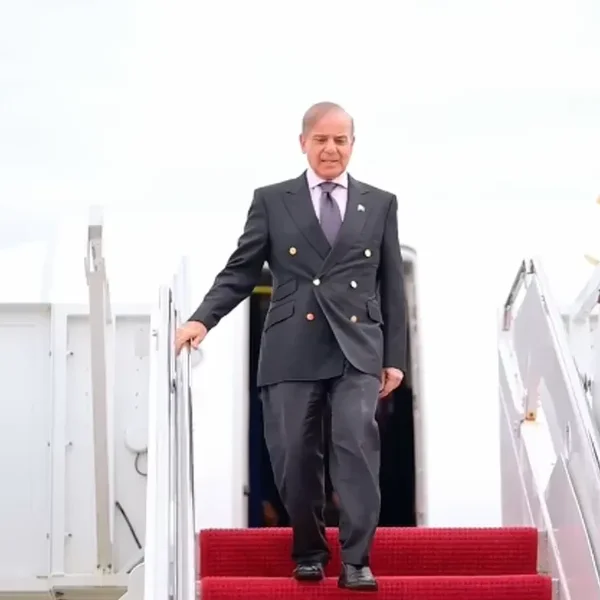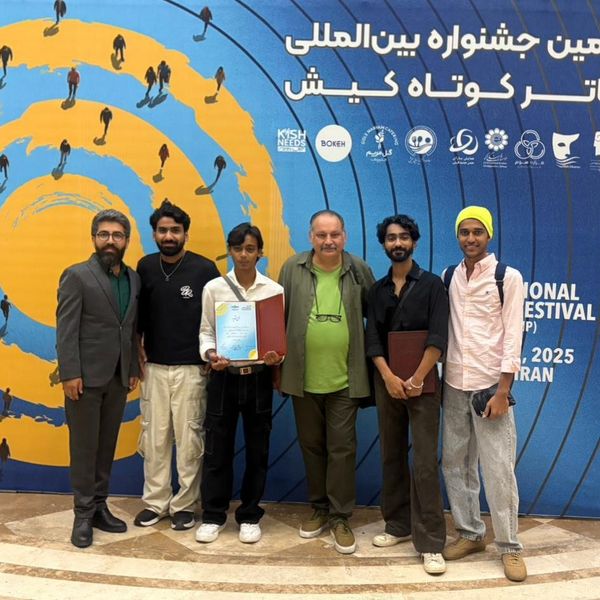Tariff cuts to boost local auto market, reduce prices: PIDE
New report says govt’s policy will force established manufacturers to improve quality, increase competition
Abdul Moiz

The Pakistan Institute of Development Economics (PIDE) has said the government’s policy to gradually reduce import tariffs would reshape the automobile sector by increasing competition, enhancing the quality of vehicles, and enabling the transition towards electric vehicles.
In a report titled “Impact of Tariff Reduction on Automobile Industry”, PIDE said the tariff reduction plan announced in the federal budget 2025–26 seeks to move Pakistan’s economy from import substitution towards an export-led growth model.
Under the new policy, tariff slabs will be reduced from five to four — 0%, 5%, 10%, and 15% —and the average tariff rate lowered from 19% to approximately 9.5% by FY2030.
The report added that tariffs on Completely Built Units (CBUs) will be reduced from 20% to 15% over five years, while used-vehicle tariffs will start with a 40% surcharge above new vehicle rates in FY26, decreasing annually by 10% and ending at parity by 2030.
The move is expected to disrupt automobile manufacturers and assemblers in Pakistan who have been “operating for over 20 years behind protected tariff walls with a captive market and demand throttled by a booking system”.
The report added that higher tariffs and an unfavorable exchange rate are the primary causes of higher vehicle prices. “Now they are being asked to step out from behind their protected walls and compete with firms that operate outside Pakistan.”
The report said the new tariff policy is expected to yield several positive outcomes. They include:
Increased Competition
The reduction in tariffs and easing of import regulations will increase the competition in the local automobile industry, as a wider range of vehicles will be available for consumers.
As a result of increased competition, some local manufacturers would either be forced to limit their operations or even exit the industry.
“For others, this could be an opportunity to improve their products and maintain their share of the market. the older brands in Pakistan and the bigger global brands among the new entrants shall be able to deal with the new challenge by adapting and competing with imported vehicles.”
The report said the disruption in the industry following the new tariff policy wouldn’t be the first time the three Japanese automobile manufacturers would face increased competition.
After the Automotive Development Policy 2016-21, many new players entered the Pakistan market, with the Korean and Chinese brands having a “great positive impact” on the local industry.
PIDE said the new entrants introduced compact SUVs or C-SUVs, which were not locally sold before. This forced the Japanese brands to adapt to the consumers’ needs and introduce their own C-SUVs and hybrid electric vehicles.
Currently, the automotive industry in Pakistan is working on a structure where new car availability is limited “not by production capacity alone but by a deliberate policy-induced scarcity”, PIDE noted.
Since imports are heavily restricted and prohibitively taxed and local production has not increased despite the entry of over 10 OEMs, end consumers have to wait for months to get the delivery of their vehicles or pay extra to speed up the delivery.
“Lowering import duties would improve price competition, expand product variety, raise quality standards, and put pressure on local assemblers to offer newer technologies and better customer service.”
Examples from Thailand and Indonesia show that liberalized auto markets over time enhance competition without necessarily killing off local production or assembly, the PIDE report said.
Improved Vehicle Affordability
Lower tariffs, PIDE said, would ensure a level playing field for the local manufacturers and assembling Original Equipment Manufacturers (OEMs) and cut costs for consumers.
“Lowering of tariffs on the CKD imports translates into a reduction in the cost of production for the OEMs in Pakistan and therefore enables them to remain competitive in a market with increased competition from CBU vehicles,” it added.
The reduction of import taxes on the completely built units (CBU) and completely knocked down (CKD) kits will improve the vehicle affordability among the general public and increase demand.
Job Creation
Currently, the automobile OEMs directly employ approximately 10,000 people in manufacturing and other firm operations, as per PIDE’s assessments. The report cautioned that the tariff policy could risk the majority of these jobs if the local industry failed to compete with the new and used imported CBU vehicles.
“It is expected that some jobs might initially be lost in the OEMs following the introduction of the policy, but as the imported CBU vehicles businesses pick up, new businesses and jobs will also be created as a result of this policy.”
The PIDE recommended consistency in policy for a positive impact on the overall industry.
It said the initial tariff reduction will disrupt the automobile sector, but if the policy is implemented and continued, the industry “can be expected to adjust accordingly”.
“[I]f the government is forced to roll back the tariff reduction or limit imports through other NTBs, then this entire exercise will have a much more drastic impact on the overall economy, including the automobile industry of Pakistan, as compared to maintaining the status quo.”
The report also recommended ensuring foreign exchange reserves to cover the import bill, which is certain to go up following the imports of CBUs.
“It is therefore recommended that before implementing the tariff reduction policy, particularly in the context of the automobile industry, it must be ensured that the country has the foreign exchange reserves to finance the import bill and that there must not be any policy rollback after a short period of time,” said the report.
PIDE also called for a new framework to regulate the import of used vehicles in Pakistan, ensuring that safety standards and vehicle quality are maintained, a fair competition to the local automobile industry is presented, and the consumers are provided with a wide range of quality yet affordable vehicles.










Comments
See what people are discussing